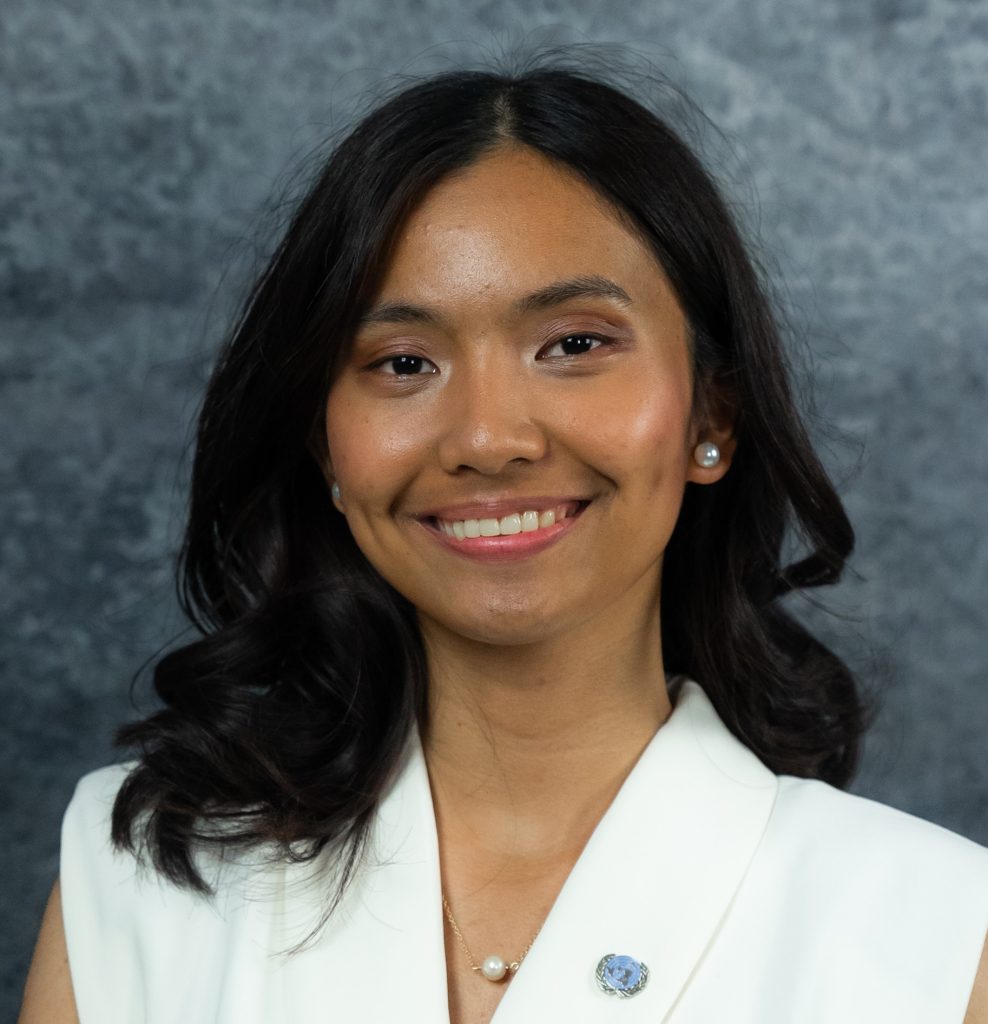
Valerie Joy Canaya Agustin is a student fellow with the Religious Freedom and Human Dignity Initiative at Brigham Young University–Hawaii. The following post comprises her reflections on the 2nd Annual Religious Freedom and Human Dignity Conference, “Oceanian Perspectives on Human Dignity,” held at BYU–Hawaii, in Laie, Oahu, Hawaii, 23–25 April 2024.
In an increasingly complex world with information flowing across boundaries, the Oceanian Perspective on Human Dignity conference presented diverse viewpoints and deep reflection, highlighting the cultural and societal influences shaping our perception of human dignity. Scholars and leaders from the Pacific region offered priceless perspectives, enriching discourse and sparking greater empathy and comprehension.
My participation in this conference was driven by a passionate pursuit of knowledge and a resolute dedication to delving deeper into the concept of human dignity. I was motivated by the opportunity to challenge my perceptions and engage in meaningful dialogue. It was clear from the outset that there is a genuine thirst for platforms to educate and advocate for human dignity, and by playing a role in organizing and attending this event, I viewed myself as contributing meaningfully to a broader movement dedicated to championing human dignity on a global level.
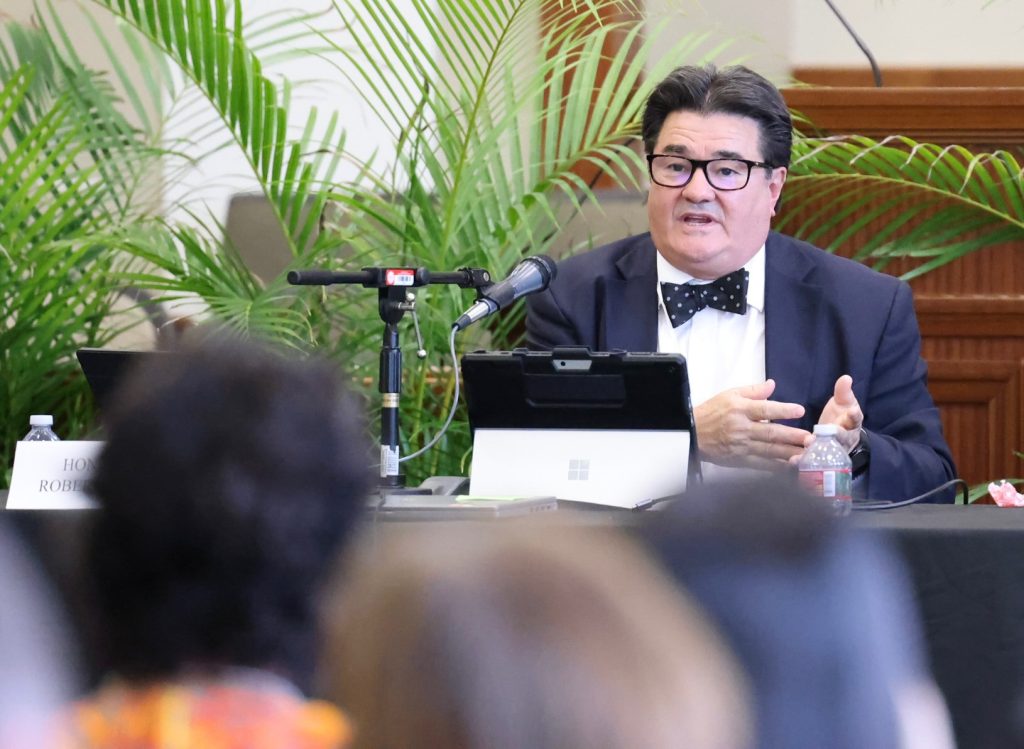
Reflecting on the insights shared by various speakers, I have come to realize we can do much more to uphold human dignity. In his keynote speech, Chief Justice Robert J. Torres of the Supreme Court of Guam shed light on the alarming prevalence of sexual assaults in the Guam community, while the Honorable Tamatoa Jonassen, Secretary of the Ministry of Justice of the Cook Islands, highlighted the impact of climate change and economic challenges on human dignity.
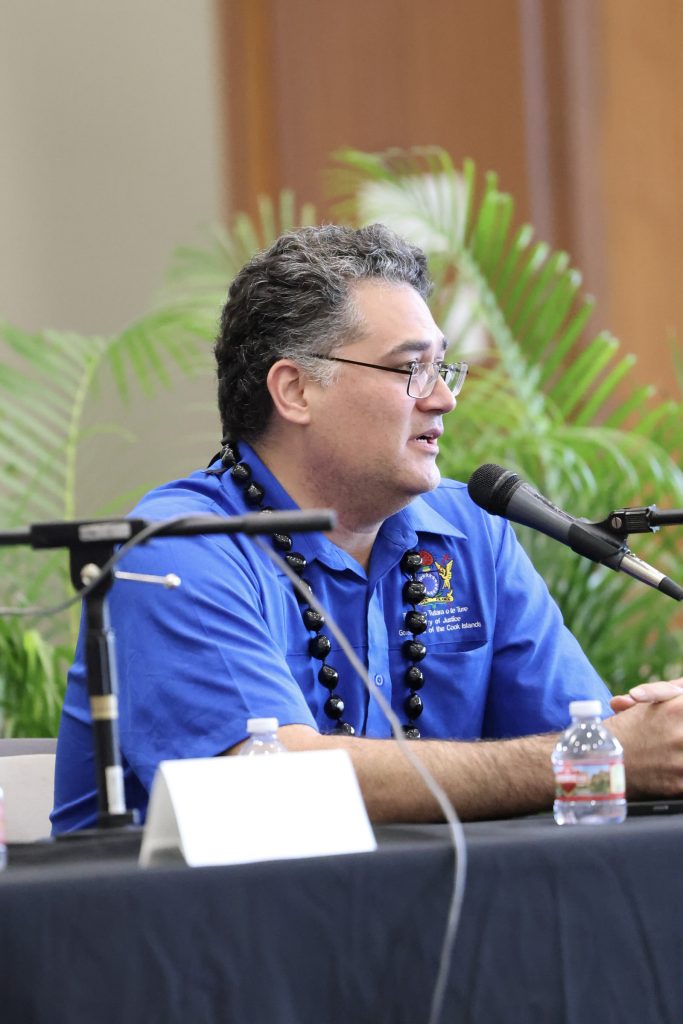
These presentations have reignited my childhood aspiration to become a lawyer, to protect people’s rights and address the issues faced by those entangled in the legal system and affected by external forces. Now I grasp the full extent of my role, as a college student pursuing a degree in political science, in ensuring that those around me are afforded the fundamental rights of dignity and respect.
In a conversation with panelist Nemani Delaibatiki, a retired editor/journalist from Fiji, I also felt a commitment to advocate for peoples’ rights, regardless of challenges or threats. I recognize that our actions today shape not only our lives but also the lives of future generations.
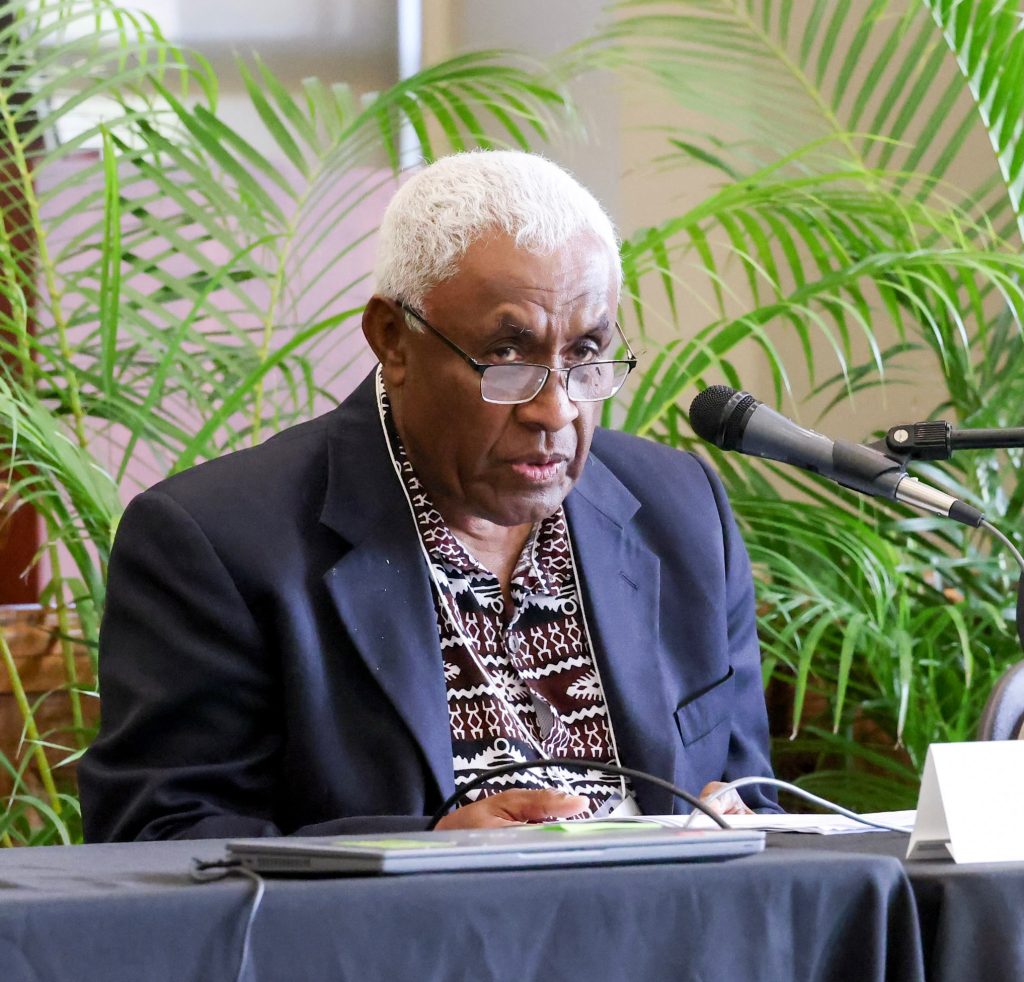
Drawing inspiration from Polynesian culture, I have realized the value of practicing talanoa—the art of storytelling and meaningful conversation. It is a practice and principle crucial in our pursuit of upholding human dignity. By listening and engaging in dialogue, we gain insights into the experiences and perspectives of others.
The conference participation of undergraduate students, in sharing their scholarly work, prompts hope that younger generations are committed to advocating for religious freedom and human dignity as well. I recognize the significance of providing students a platform to delve into topics close to their hearts. For example, students from Fiji demonstrated an eagerness to assist their government in researching how Fijian community members might accept diverse Christian denominations.
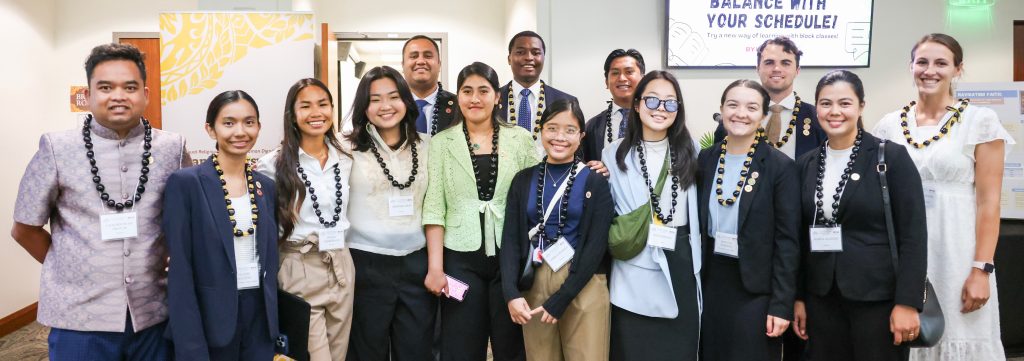
Moving forward, policymakers must broaden their horizons and actively seek out voices and insights from different generations and regions to forge stronger partnerships dedicated to attaining religious freedom and sustaining human dignity. Only we can carry out the pledge of “human dignity for all” through collaborative action and sincere commitment.
